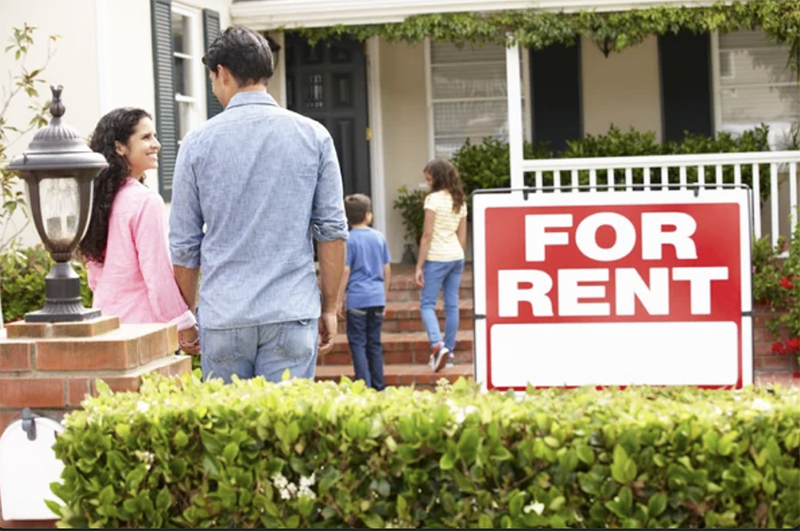Renting out your house can be a great way to generate additional income, but it also comes with its own set of pros and cons. Here are some of the key considerations to keep in mind if you are thinking about renting out your house:
Pros:
- Additional income: One of the biggest advantages of renting out your house is that it can provide a steady stream of additional income. This can be especially useful if you are facing financial challenges or have high debts to pay off.
- Potential for appreciation: If you own a home that is likely to increase in value over time, renting it out can be a smart financial move. As the value of your property increases, so will the rental income you receive.
- Tax benefits: Owning rental property can provide tax benefits, such as deductions for mortgage interest, property taxes, and other expenses. These deductions can help to reduce the overall cost of owning a rental property.
- Passive income: Renting out your house can provide a passive source of income, as you do not need to be actively involved in managing the property on a day-to-day basis. You can hire a property manager to handle the day-to-day tasks, such as collecting rent and maintaining the property.
Cons:
- Maintenance and repair costs: As a landlord, you will be responsible for maintaining and repairing the property, which can be expensive. This includes fixing any issues that may arise, such as plumbing problems or roof leaks.
- Risk of damage: Renting out your house also carries the risk of damage by tenants. Even with a thorough screening process, there is always the possibility that your tenants may cause damage to the property, which you will need to repair.
- Legal liabilities: As a landlord, you will be responsible for ensuring that your rental property is safe and up to code. This includes complying with local building and safety regulations, as well as any state and federal laws that apply to rental properties. If you fail to meet these standards, you could be sued by your tenants or face fines from the government.
- Tenant issues: Dealing with tenants can be time-consuming and stressful, especially if you encounter issues such as late rent payments or disputes over the terms of the lease. You may also need to handle eviction proceedings if necessary, which can be costly and time-consuming.
Overall, the decision to rent out your house will depend on your individual financial situation and risk tolerance. If you are considering this option, it is a good idea to carefully weigh the pros and cons and seek advice from a financial advisor or real estate professional before making a decision.
Renting Out Your House While Still Owing a Mortgage
It is possible to rent out your house while still owing a mortgage on it, but there are some important considerations to keep in mind.
First, you will need to check with your mortgage lender to see if they allow you to rent out the property. Some mortgage lenders have restrictions on renting out a property that is secured by a mortgage, so it is important to get their approval before proceeding.
If your mortgage lender allows you to rent out the property, you will need to make sure that you are in compliance with any requirements they have, such as providing proof of insurance or maintaining the property in good condition.
In addition, you will need to consider the tax implications of renting out your house. Depending on the specifics of your situation, you may be required to pay taxes on the rental income you receive. You should consult with a tax professional or refer to IRS guidelines to determine your tax obligations.
Finally, you will need to consider the legal and practical aspects of being a landlord, such as drafting a lease agreement, collecting rent, and handling any issues that may arise with your tenants. It can be a lot of work, so it is important to carefully weigh the pros and cons before deciding to rent out your house while still owing a mortgage.
Is Renting Out Your House Difficult?
Renting out your house can be a challenging and time-consuming endeavor, especially if you have never done it before. There are many legal and practical considerations to keep in mind, such as finding and screening tenants, drafting a lease agreement, collecting rent, and handling any issues that may arise with your tenants.
In addition, being a landlord can be stressful, especially if you have to deal with difficult tenants or unexpected maintenance issues. You will also need to be prepared to handle the financial aspects of being a landlord, such as setting the rent at a competitive rate, collecting and depositing rent payments, and paying any expenses related to the property, such as taxes, insurance, and maintenance costs.
That being said, renting out your house can also be a rewarding experience, especially if you are able to find reliable and responsible tenants who take good care of the property. It can also be a good source of passive income, as long as you are able to manage the property effectively and efficiently.





